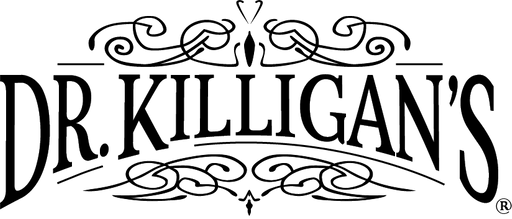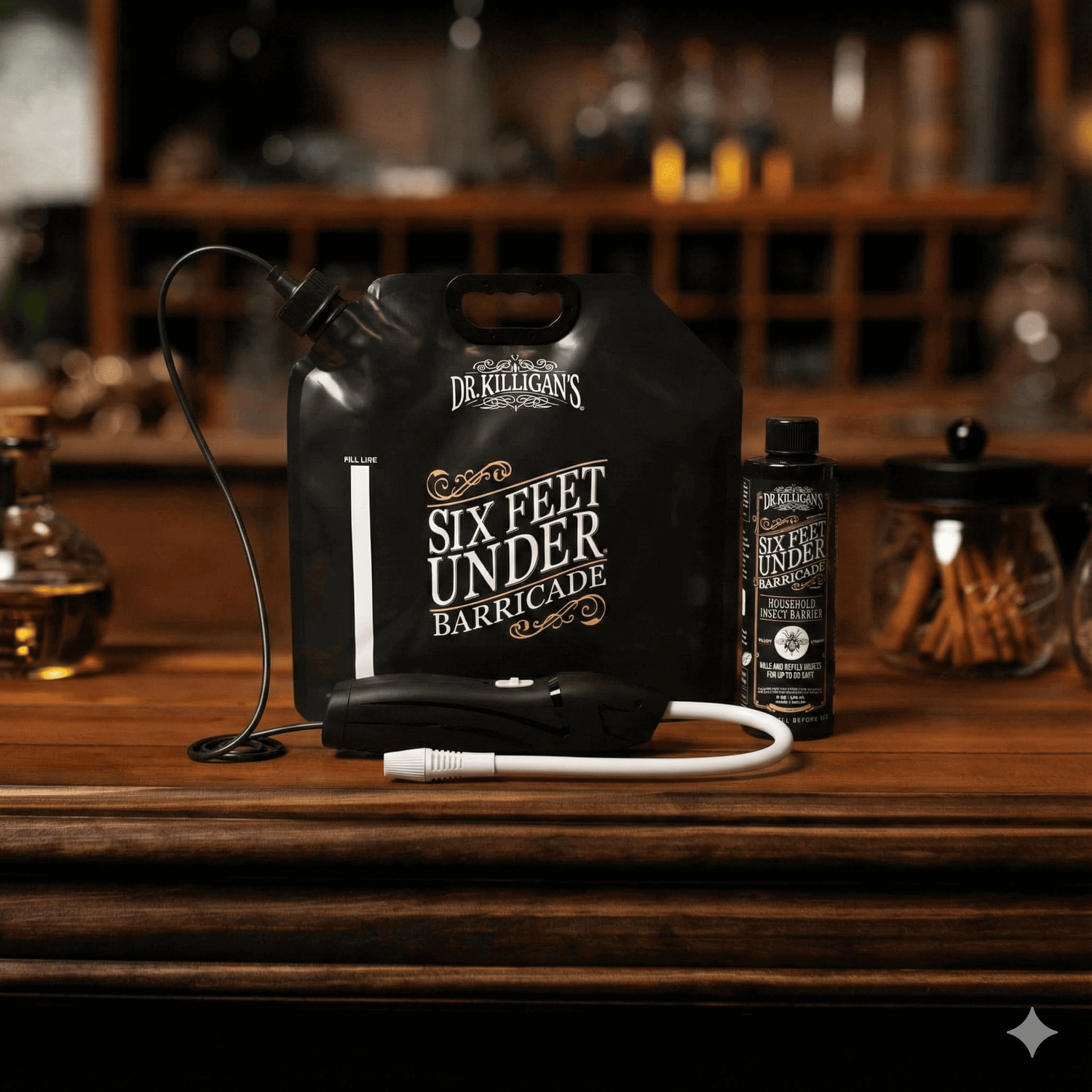Pesticides are everywhere—on our food, in our gardens and in our homes. For decades, you and I have relied on labeling laws to understand what chemicals we’re exposed to. But now, federal regulators are considering stripping states of their ability to require additional warnings on pesticide labels—leaving Americans with less information about the pest-control products they buy and use.
The battle over pesticide labeling isn’t just a policy debate; it’s a fight over your right to information—what you know, what you bring into your home and what risks you may face.
What happens if states lose their power to warn about potential risks? And what does this mean for you?
A push to limit state labeling laws

A new petition backed by multiple state attorneys general is urging the Environmental Protection Agency (EPA) to block states from requiring pesticide warning labels beyond what the EPA mandates. Details of the petition were published in the Federal Register on January 21, 2025. If the agency adopts this rule, states like California—known for its stricter environmental and consumer safety laws—would no longer be able to enforce additional warning requirements for chemicals like glyphosate, a widely used herbicide with links to cancer and other health risks.
"The measure would declare that any label citing scientific findings not acknowledged by Trump’s EPA would 'constitute misbranding," The Lever reported.
This effort has drawn opposition from consumer safety groups, environmental advocates and legal experts who argue that states should retain the right to protect their residents from potentially harmful chemicals. As Beyond Pesticide advocacy group put it:
"States and local governments believe in their right to protect their residents from poisoning and contamination, a right that has been upheld by the U.S. Supreme Court."
Glyphosate and other controversial chemicals
Glyphosate, the active ingredient in Roundup, is one of the most widely used herbicides in the country. While the EPA has deemed it "safe when used properly," multiple studies—including research from the National Institutes of Health—have linked it to cancer, liver disease and metabolic disorders.

Robert F. Kennedy Jr., now head of the Health and Human Services Department, has been outspoken about the risks of glyphosate, calling it a "poison" that should be better regulated. Despite this, the EPA has historically taken an inconsistent stance. "Kennedy has specifically targeted glyphosate, a widely used herbicide that some studies have called carcinogenic," The Lever noted.
If the EPA grants the petition to override state labeling laws, those warnings could disappear—leaving you with less information about the chemicals in your everyday purchases.
The battle over pesticide transparency
At the heart of this issue is a battle between agribusiness and consumer protection. Large chemical companies and agricultural groups argue that state-mandated labels create unnecessary confusion and fear around pesticides. They claim that national labeling standards should be uniform and left solely to the EPA.
Meanwhile, advocacy groups, scientists and public health experts say that stronger labeling laws empower you to make informed decisions. They argue that states should be allowed to implement stricter requirements if federal standards are too lenient or outdated.
What this means for you
If federal regulators move forward with this labeling rollback, states will no longer be able to require additional warnings beyond federal guidelines.

- Less transparency: Without state-mandated warnings, homeowners and gardeners may unknowingly use chemicals with potential health risks.
- Reduced accountability: Without clear labeling, companies may not be required to disclose the full extent of a chemical’s impact on human health and the environment.
- Fewer options for safe alternatives: With fewer warnings, you may be less likely to seek out non-toxic pest control solutions, leading to continued exposure to harmful chemicals.
These concerns come as Lee Zeldin, the new EPA administrator, takes office. During his congressional career, Zeldin received financial support from the agribusiness and energy sectors and supported efforts to reduce some environmental regulations.
"Throughout his 17-year congressional career, Zeldin has received more than $228,000 from the agribusiness sector and nearly $270,000 from oil and gas interests," The Lever reported.
Industries that benefit from fewer regulations have financially supported efforts to change pesticide labeling laws.
The role of Dr. Killigan’s: transparency and plant-powered solutions
At Dr. Killigan’s, we believe in full transparency. You deserve to know what’s in the products you bring into your home and how they impact your health and the environment. While labeling laws may change, our commitment to providing plant-powered, planet-friendly pest control solutions will not.

For those looking to reduce pesticide exposure, consider alternatives that don’t rely on synthetic chemicals. Natural pest control methods—like essential oil-based sprays, silica-based powders and integrated pest management strategies—offer effective solutions without compromising safety.
Final thoughts
Pesticide labeling plays a key role in providing information about consumer rights, public health and the ability to make informed choices. As regulations shift, it’s up to you, me and responsible brands to push for transparency and safer alternatives.
Would you support stronger pesticide labeling laws? Let us know and explore Dr. Killigan’s line of plant-powered pest control products to keep your home safe—without the risks of dangerous chemicals.

















